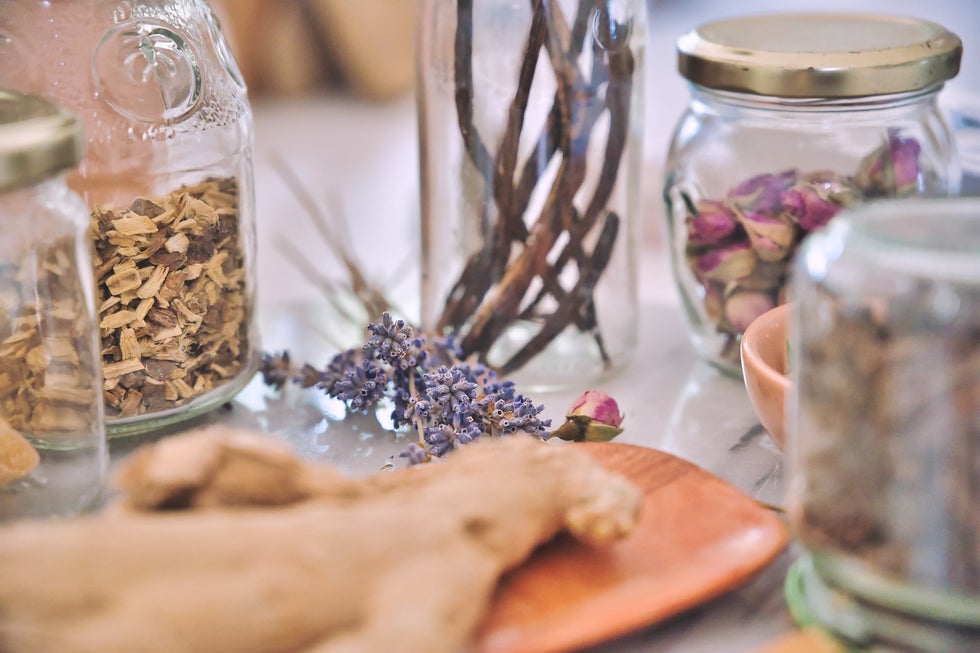
Herbalism, the practice of using plants for medicinal purposes, is a tradition that dates back thousands of years. It's a holistic approach to healthcare that emphasizes the body's natural ability to heal itself. While modern medicine has made significant strides, many people are turning to herbalism as a complementary or alternative therapy.
Benefits of Herbalism
* Natural and Gentle: Herbs are derived from plants and are generally considered safer and gentler than synthetic drugs.
* Holistic Approach: Herbalism addresses the whole person, considering their physical, emotional, and spiritual well-being.
* Personalized Treatment: Herbal remedies can be tailored to individual needs and conditions.
* Cost-Effective: Many herbs are relatively inexpensive and can be grown at home.
* Reduced Side Effects: Compared to synthetic drugs, herbal remedies often have fewer and milder side effects.
The Value of Herbalism
Herbalism offers a valuable approach to healthcare for several reasons:
* Preventive Care: Herbs can be used to prevent illness and maintain overall health.
* Treatment of Chronic Conditions: Many herbs have been shown to be effective in treating chronic conditions such as arthritis, digestive disorders, and anxiety.
* Support for Modern Medicine: Herbal remedies can be used to complement conventional treatments and reduce the need for synthetic drugs.
* Connection to Nature: Herbalism fosters a connection to the natural world and promotes a sense of well-being.
* Cultural Heritage: Herbalism is a rich cultural tradition that has been passed down through generations.
Getting Started with Herbalism
If you're interested in incorporating herbalism into your life, here are some tips:
* Learn the Basics: Start by learning about the basics of herbalism, including the different parts of plants used for medicine and common herbal preparations.
* Consult a Qualified Herbalist: Seek advice from a qualified herbalist who can provide personalized guidance and recommendations.
* Start Small: Begin by experimenting with a few common herbs that you're familiar with.
* Grow Your Own Herbs: Growing your own herbs can be a rewarding and cost-effective way to incorporate them into your daily life.
* Be Patient: It may take time to see the benefits of herbal remedies. Be patient and consistent in your use.
Common Herbal Preparations
There are many different ways to use herbs, including:
* Tinctures: Extracts made by soaking herbs in alcohol.
* Teas: Infusions made by steeping herbs in hot water.
* Salves and Ointments: Topical preparations made with herbs and a base of oil or beeswax.
* Capsules and Tablets: Concentrated forms of herbs.
* Poultices: Moistened herbs applied directly to the skin.
Safety Considerations
While herbs are generally safe when used appropriately, it's important to be aware of potential risks. Some herbs may interact with medications or have adverse effects in certain individuals. Always consult with a healthcare professional before starting a new herbal regimen
Herbalism offers a natural and holistic approach to healthcare that has been practiced for centuries. By incorporating herbs into your daily life, you can improve your overall health and well-being. Remember to do your research, consult with a qualified herbalist, and start small to get the most out of this ancient practice.

Add comment
Comments